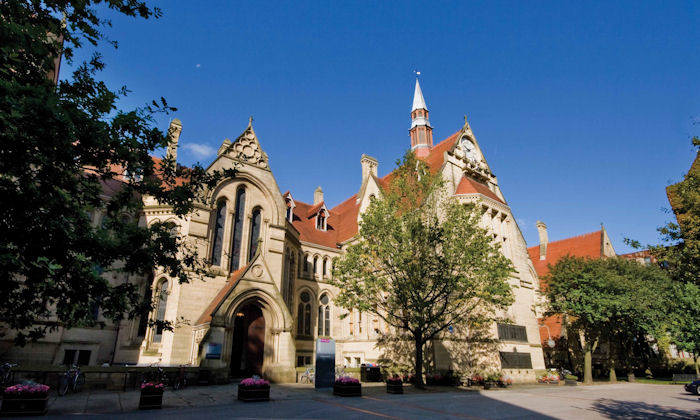Financial Accounts published
19 Dec 2017
The University’s financial accounts for 2016/17 are published

University Director of Finance Steve Dauncey commented:
“UK universities are facing very significant financial pressures created by greater global competition for students, ongoing uncertainty around student fee levels, pensions deficits, increases in costs arising from inflation, the loss of almost all annual government funding for capital, the apprenticeship levy, further National Insurance payments and major uncertainty around our key income streams for students and research.
“Our financial accounts for the year ended 31 July 2017 should be viewed against a backdrop of these uncertainties and challenges. The accounts show that overall the University has improved its financial position at an operational level with income up by 2.2 % to just over £1bn, which is a tribute to the dedicated and hardworking colleagues we have at the University.
"Within this, research income (excluding capital receipts) increased by 5.7% to £238m. This is important as it indicates that funders such as Research Councils, the UK Government, charities and industry are seeing Manchester as an excellent place in which to invest their scarce research funds and is a reflection of both the excellence and the very hard work of our staff.
"Income from fee and tuition income was also up by 5.9% to £449m, with international student fee income (full and part-time) increasing by £12.9m (6.4%) during 2016/17.
"Our University prides itself on being an institution which should be open to all and, unusually for a research intensive institution, 28.6% of our students come from low income households (i.e. those with an annual income of less than £25,000), with one third of students receiving bursaries of up to £2,000 per year and a total annual expenditure of just below £25m on widening participation.
"This rise in activity across research and teaching, represented by income, has allowed us to spend more on our staff and employee costs which increased by £12.2m. This represents 53% of our overall expenditure.
"We were also able to invest £150m in our research, teaching and learning facilities to create exceptional spaces for our exceptional people. Planned investment in our staff and facilities will continue through 2017-18, with a number of new initiatives launching in the New Year.
"While these financial results show an increased underlying contribution (operating surplus) of £64m, or 6.3%, it is important to appreciate that our financial sustainability is based upon generating sufficient surplus to fund investment in academic priorities and that we are able to cover our costs. Furthermore, in the absence of significant capital grant funding, we need to meet these costs ourselves. Increasing uncertainty in the higher education sector also means that we need to maintain reserves at a level that enable us to cope with difficult periods, for example instability in student demand, which has been on the rise.
"Our operating surplus for the year was within our target range for financial stability. However, even small changes in income or costs could impact significantly on this position, with HEFCE predicting volatility in the average surplus for the sector in the coming years due to external factors impacting on income and internal cost drivers.
"We have also had to make some difficult decisions in order to meet our ambitions and sustainability for the future. We fully recognise that this has brought challenges to the collegiate nature of our University and uncertainties for many staff and we will use our best endeavours to safeguard the core mission of the University and its integrity as a collegiate community.
"Whilst the current context is one of uncertainty for all universities, in facing the financial pressures and challenges ahead, there are also real opportunities for us to grasp. If we are successful in doing this we can enhance our reputation and deliver our ambition to become a world leading institution.”
